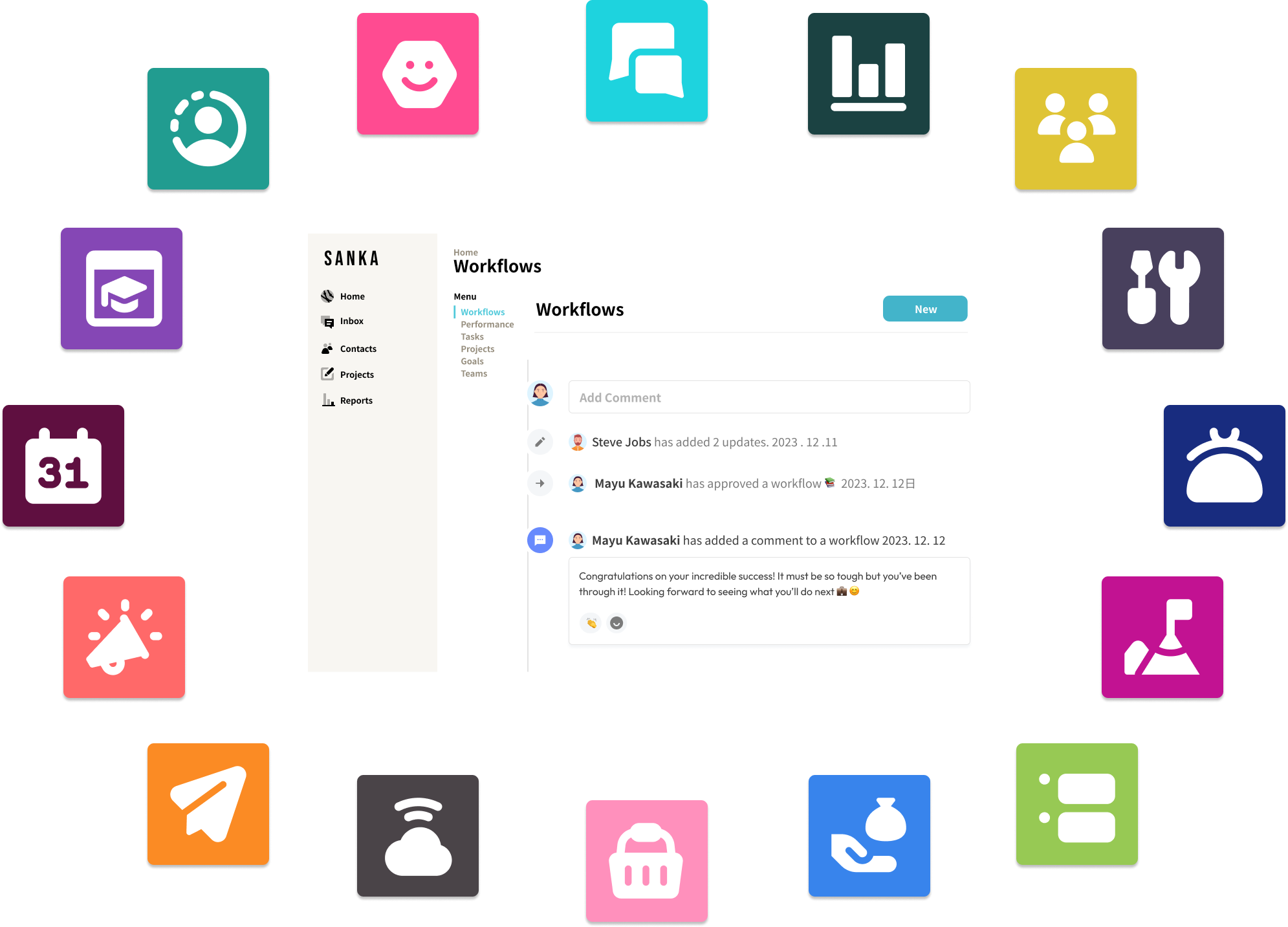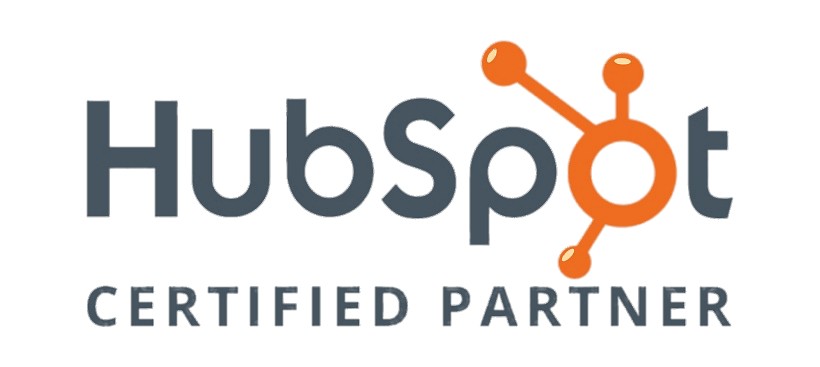Introduction
Have you ever wondered if a company or brand knows exactly how you feel?
It is not uncommon for a company or brand to create marketing messages, customer experiences, advertisements, and products that can capture your attention and even tug at your heartstrings. How is this possible?
The secret is Emotion AI, a new technological breakthrough that can detect, analyze, and respond to human emotions.
Emotion AI has now become one of the ways for companies to better understand and connect with customers.
In this blog, we will explore what is Emotion AI, How does it work, its benefits, and how it is used in many industries.
What Is Emotion AI and How Does It Work?
Emotion AI is a type of technology that can recognize human emotions, understand them, and react to them. It uses machine learning and AI to look at a person's speech, facial movements, physiological signals, and language to figure out a person's emotional state.
How does it work? Emotion AI systems are trained on huge datasets of images, videos, audio, and text that have been manually labeled with emotions. The AI learns to detect patterns associated with different emotions so it can then recognize them in new data.
- Facial recognition: Analyzes facial expressions like smiles, frowns, or eye movement to detect emotions like joy, anger, or confusion.
- Speech analysis: Detects emotional cues in speech like tone, pace, or volume to identify emotions such as excitement, boredom, or anxiety.
- Physiological signals: Measures signals such as heart rate, skin temperature, or brain activity to infer a person's emotional state. Useful when facial/speech cues are limited.
- Language analysis: Analyzes the emotional content and sentiment of written or spoken language to determine the overall emotional tone. Can detect emotions like optimism, frustration, or sadness.
Emotion AI has many useful applications. It can improve customer service by detecting dissatisfied customers, enhance education by tailoring content to students’ emotions, boost sales through emotion-optimized marketing, and more. The possibilities are endless.
While Emotion AI is still limited in its performance, it is getting smarter and more accurate in detecting human feelings.
It is not impossible that in the future as technology develops, Emotion AI will be even more sophisticated in helping humans personally and professionally.
The Benefits of Emotion AI

Emotion AI has a lot of benefits for both businesses and individuals. Here are a few of the major ones:
- Improved customer experiences. By analyzing customer emotions, companies can gain valuable insights into how people really feel about their products, services, and brand. They can then make changes to provide better experiences.
- Increased employee satisfaction. Emotion AI tools can help managers understand how their employees truly feel at work. They can then make adjustments to improve motivation, reduce stress and burnout, and boost overall well-being and job satisfaction.
- Enhanced learning. Emotion AI is being used to create adaptive learning systems that can personalize content based on a student's emotional state. By understanding emotions, these systems can better keep students engaged and support their needs.
- Improved mental health. Emotion AI shows promise for improving diagnosis and treatment of conditions like depression or anxiety. By keeping track of how people feel over time, the technology could help find early signs of mental health problems and figure out the best way to treat each person.
There are good things ahead for Emotion AI. As technology keeps getting better, machines will be able to understand, react to, and interact with human emotions in a more nuanced and compassionate way.
Emotion AI has the potential to positively impact both businesses and society as a whole. There are a lot of perks, and we've only just started to find out how this technology can make lives better.
Emotion AI in Action: Real-World Use Cases

Diverse industries utilize Emotion AI to obtain valuable insights. Here are some examples of how companies are utilizing this innovative technology in the real world:
Customer Service
Customer service teams are using Emotion AI to analyze customer calls and chats. By identifying emotions such as frustration and anger, agents can determine which consumers require the most assistance.
Emotion AI also identifies the root cause of negative emotions, allowing businesses to enhance their customer service.
Healthcare
In the healthcare industry, Emotion AI assists doctors and nurses in gaining a deeper understanding of their patients.
By analyzing a patient's facial expressions, speech patterns, and word choice during office visits and phone interactions, healthcare professionals gain insight into the emotional and mental health of the patient. This helps ensure that patients receive the necessary care and support.
Education
Emotion AI is supporting students and teachers in the education field. When utilized in online courses, Emotion AI can detect when students are frustrated or distracted, allowing instructors to provide assistance.
Additionally, it can assess students' emotional involvement in order to make teachings more compelling. Emotion AI may assist students in identifying emotions that negatively influence learning, allowing them to develop better self-regulation skills.
Human Resources
Emotion AI is being utilized by human resource divisions to enhance the hiring and employee management processes.
During video interviews, Emotion AI evaluates candidates' emotional competencies and soft skills by analyzing their facial expressions and utterances.
Emotion AI can assess employee engagement and job satisfaction by monitoring emotions during meetings and phone interactions. This assists businesses in addressing issues affecting productivity, collaboration, and retention.
Emotion AI is reshaping industries by enabling businesses to obtain unprecedented insight into human emotions.
This innovative technology will significantly improve consumer experiences, healthcare, education, and the workplace as its development continues. The future will consist of emotional intelligence.
The Future of Emotion AI

In a brief period of time, emotional AI has made great strides, but its potential remains largely untapped. As technology continues to advance, it is likely that Emotion AI will become significantly more integrated into our daily existence.
Improved Accuracy and Personalization
As companies collect more data to enhance their algorithms, emotion AI systems will get better at identifying emotions and sentiments.
Additionally, systems will become more personalized by learning the unique expressions, speech patterns, and behaviors of individuals.
This could enable Emotion AI to attain a high level of precision for each individual.
Seamless Integration
Emotion AI will be built into the technologies we use every day, like smartphones, smart speakers, vehicles, and more.
For instance, if your smartphone detects that you're feeling anxious, it may recommend a soothing playlist.
Or, your vehicle may detect that you appear inattentive and warn you to focus more intently on the road. This comprehensive integration will allow for highly contextualized emotional support.
Enhanced Human Relationships
As Emotion AI assists individuals in better comprehending themselves and connecting with others, it may improve human relationships.
For instance, Emotion AI could instruct individuals on more constructive means of expressing emotions or providing feedback during challenging conversations.
In addition, it could help identify unmet emotional needs in relationships and suggest methods to strengthen emotional bonds with family and friends.
Risks and Ethical Considerations
However, there are risks and ethical issues to consider with the rise of Emotion AI. As systems become more integrated and personalized, they may compromise privacy or be used for manipulation.
There are also concerns regarding Emotion AI's inherent bias and its ability to accurately detect emotions across all populations. As the capability of emotion, AI continues to advance, regulations and guidelines will be required to ensure its responsible development and implementation.
The future of AI with emotional intelligence is both thrilling and uncertain. With sustained technological advancement and a commitment to ethics, Emotion AI could eventually improve well-being and bring people together in significant ways.
To maximize the benefits and mitigate the risks, however, we must be proactive and deliberate in how Emotion AI develops. As always, the future is ours to shape.
Conclusion
Thus concludes this overview of Emotion AI and how it is transforming our lives. This emerging technology provides businesses and brands with unprecedented insights into the emotions and behaviors of individuals.
Although Emotion AI is still in its infancy, it is poised to become far more sophisticated and incorporated into our daily lives. The future has arrived, and it is emotionally charged.
As AI continues to become smarter and expand into more areas of life, our emotional well-being may depend on the incorporation of empathy and compassion into the foundation of technological development.
Emotion AI allows us to develop AI for the benefit of humanity. The question is whether we will take advantage.








